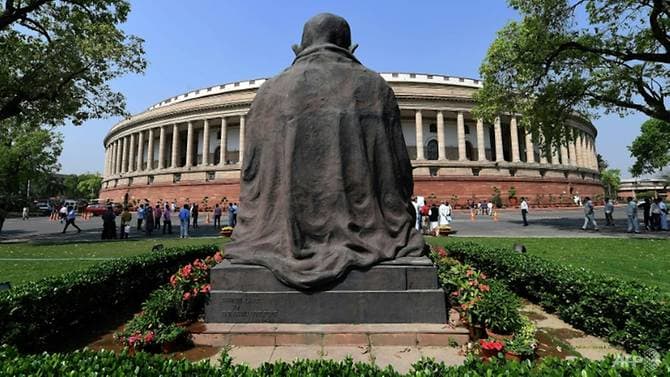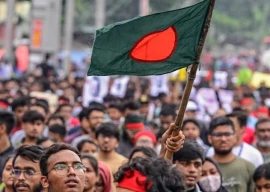
Article 370 of the constitution allowed the state’s permanent residents rights to property, state government jobs and college places.
As real estate developers brace for what they say will be a rush by businesses and wealthy individuals to snap up scenic locales in the state, here is a look at seven other land laws in India that give special rights to people and places.
* The fifth schedule of the constitution covers areas in 10 states that have large indigenous populations. It gives them power to govern their land and resources, a right which authorities have sought to dilute, saying land is needed to develop industry to generate jobs and incomes in impoverished areas.
* The sixth schedule of the constitution covers four northeastern states that have large indigenous populations, and grants them rights over their land and resources. Earlier this year, the Supreme Court ruled that indigenous people in Meghalaya state - which is covered by the law - have full rights over the land and all its resources, and that only they can grant permission for mining.
* A clause of Article 371 of the constitution applies to the northeastern state of Nagaland, and protects the customary laws and practices of the indigenous Naga people, as well as their right to ownership and transfer of land and resources. A separate clause extends similar protections to the Mizo people of Mizoram state.
* The 1996 Panchayat (Extension to Scheduled Areas) Act (PESA) gives power over land and resources to village councils in the 10 Indian states covered by the fifth schedule, and recognises customary laws and practices. Consent of village councils is mandatory for land acquisitions by the state, mining licences and other development projects.
* The northern state of Himachal Pradesh restricts the sale and transfer of farming land to non-farmers without the permission of state authorities, in a bid to conserve the scarce resource in the hilly terrain.
* A colonial-era law in the central state of Jharkhand protects indigenous land from being sold or transferred to non-tribal people. Recent attempts by the state to amend the law led to violent protests.
* The “Disturbed Areas Act” (1991) of Gujarat state covers more than half a dozen cities, and restricts the sale or transfer of property without permission from local authorities. While aimed at preventing distress sales in places affected by civil unrest, critics say it has led to ghettoisation of minority communities. The law was amended last month to give authorities greater power, including to prevent clustering of communities.





1730884134-0/BeFunky-collage-(26)1730884134-0-270x192.webp)




1732618327-2/Untitled-design-(7)1732618327-2-270x192.webp)






COMMENTS (1)
Comments are moderated and generally will be posted if they are on-topic and not abusive.
For more information, please see our Comments FAQ